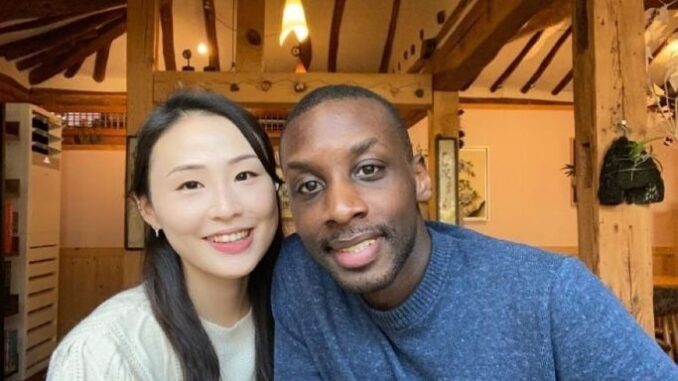
When I first introduced Jaheim to my parents, their polite smiles didn’t reach their eyes. Though they said nothing directly, their disapproval was clear—mainly because of his skin color and different background. Later, my mother whispered, “He’s not like us.” I tried defending him, but it wasn’t enough for them.
Jaheim never confronted them. Instead, he quietly learned Mandarin, hoping to connect. Six months later, at Lunar New Year dinner, he surprised everyone by speaking fluent, respectful Mandarin to my mother. The room fell silent, and my father’s slight nod hinted at something new—maybe acceptance, maybe a test.
Though my parents remained cautious, Jaheim kept trying—talking about their culture, complimenting their cooking, showing genuine interest. Then one day, my father asked if Jaheim could help translate for a community charity. Seeing him in action, switching between languages, softened my father’s attitude.
Soon, my parents’ warmth grew. My mother gave Jaheim a red envelope, and my father shared his own immigration struggles, admitting he hadn’t expected someone outside their culture to care so much. For the first time, my father smiled genuinely at Jaheim.
Months later, Jaheim was invited to family and community events, even mahjong nights—something my father never did with past boyfriends. My mother eventually told me, “I misjudged him. He’s a good man.”
Looking back, Jaheim’s language skills opened the door, but what truly won my parents over was his patience, respect, and steady effort. Love often means bridging two worlds—and that takes time, humility, and heart.